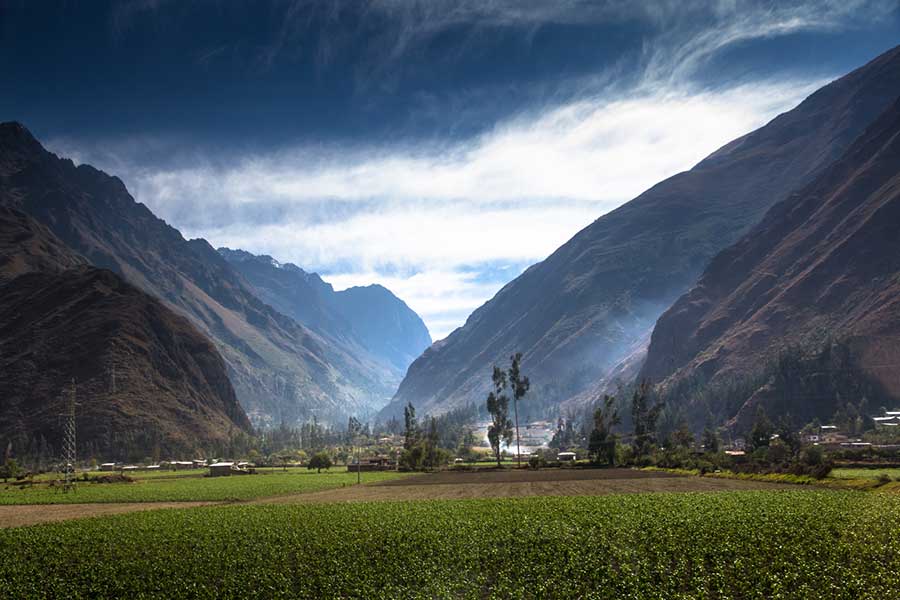
Have you ever wondered what makes coffee organic? Is all organic coffee fair trade? Is all fair trade coffee organic? Well, about three-quarters of all fair trade coffee is grown and produced organically. The primary reason – small family farmers are much more likely to embrace organic farming techniques and small family farmers are the farmers that are served by fair trade practices.
An organic farm allows no synthetic chemicals, fertilizers, or pesticides to be used during the cultivation or production processes. An organic farm is managed as the working ecosystem it is, and farmers employ techniques such as composting, terracing, and natural pest control that are often produced on the farm. Most of these techniques are traditional farming methods passed down generation to generation and are more environmentally beneficial because they produce less waste and maintain the natural shade canopy of the trees.
What Makes Coffee Organic?
In order to be certified organic, coffee must:
- Have been grown on land without synthetic pesticides or other prohibited substances for three years
- Have been grown in areas with a sufficient buffer between the organic coffee and the nearest conventional crop
- Be cultivated within a sustainable crop rotation plan to prevent erosion, the depletion of soil nutrients, and control for pests
- Keep careful records detailing production techniques and yields and allow internal and external random inspections of the farm by the cooperative’s technical advisors and the certifying agency’s inspectors
The Benefits of Organic Coffee
For the farmer
Organic farming makes the land healthier and the soil more fertile, which increases both quality and quantity over the years. It also decreases farmers' exposure to toxic chemicals.
For the farming community
Organic farming decreases the amount of chemicals released into the atmosphere and drinking water supply, which in turn decreases health and environmental risks.
For the health-conscious consumer
Chemical-free products are healthier for the human body and contain all natural products. Interestingly, organic issues related to the consumption of coffee are a bit different than with most other foods or beverages. Why? Most experts agree that the chemicals found on raw coffee are burned off during the roasting process, so choosing organic coffee over conventional coffee is really a vote for the farmer's health and the health of the environment in developing countries.
For the environmentalist
Organic products keep dangerous chemicals out of the environment and maintain the natural balance of local ecosystems. In addition, organic farming employs many positive environmental practices such as recycling, composting and maintaining soil health through natural methods.
For the social justice advocate
Organic coffee sells at a higher premium, adding to the farmer's income and standard of living. Organic farming also protects the farmer and his community from unnecessary exposure to chemicals.
The Power of Choosing Organic
When you choose coffee that is grown and produced in environmentally responsible ways, you are helping to sustain our planet by better preserving and maintaining the natural balance in our ecosystem. You are making a statement that the preservation of our environment is an important factor in all your decisions, even in the coffee you drink. You are helping the small farmers' approach to sustainable farming practices become standard practice, one farm at a time.
You are making a difference, not only in your health, but in the health and standard of living of coffee farmers, their families, and their communities all around the globe. You are increasing the supply and demand of organic alternatives and letting the world know that chemical-free alternatives are a better option.
Remember, we can change the world, one great cup of coffee at a time!
